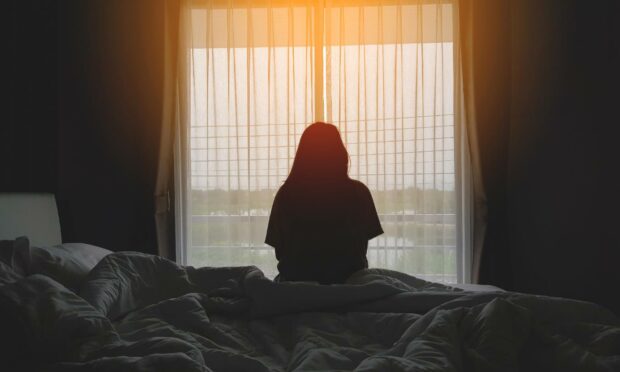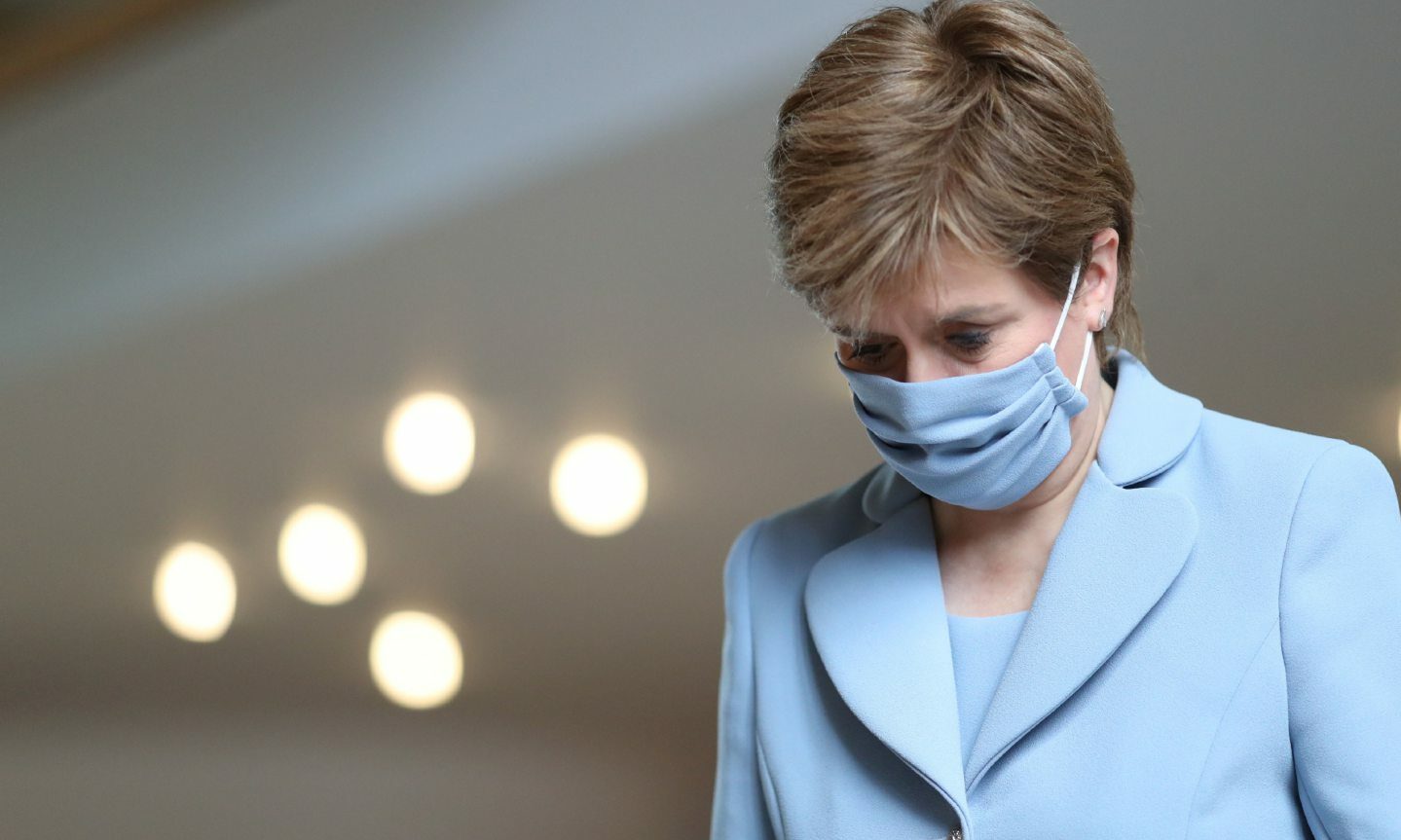We all know that feeling when Christmas is just weeks away.
The excitement over seeing friends and family builds, the planning is full speed ahead and knowing the holidays are around the corner speeds work along.
For countless people across Scotland, the first minister’s recent indications that the country will continue the path to unlocking will be just like Christmas.
After all, during the struggles of the past year, just under half of people in Scotland have reported feeling lonely. The lifting of measures will be seen by many as a new lease of life – an opportunity to reconnect.
But not for all. Loneliness is not going away.
There’s a risk that, as some parts of society reconnect in person, loneliness will be further entrenched among people in some of the most vulnerable situations in our society. Disability rights campaigners have already expressed concern about lifting measures.
We need a connected recovery
The challenge for the Scottish Government is to build a connected recovery. That means creating the right plan to develop people’s wellbeing and connectedness to their communities, while also ensuring no one is left behind.
As we emerge from the pandemic and look to rebuild, local places need to prioritise understanding who is lonely in their area, and how
Our analysis at the British Red Cross has shown that throughout the pandemic certain communities have been at greater risk of loneliness – those on low incomes, disabled people, individuals who live alone and people struggling with their mental health.
Many of these groups were already at particular risk before the pandemic. This makes them more vulnerable, not just to lower wellbeing but also to poor physical and mental health, and lower productivity.
Chronic loneliness can’t be solved overnight
As we emerge from the pandemic and look to rebuild, local places need to prioritise understanding who is lonely in their area, and how.
Through our community work, set up to support people feeling lonely, we’ve known long before the pandemic hit that overcoming chronic loneliness usually can’t be solved overnight.
There are traits for loneliness that many of us will have seen before. We tend to feel more anxious and less confident. We usually disconnect from those around us.
It’s not uncommon for the Red Cross to work with people like this, who haven’t left the house in months or years, who no longer pull back the curtains, get out of bed, or open the post. But, while the causes of people’s loneliness and isolation could be numerous, the solution is often simple.
Through our services – person-centred, one to one practical and emotional support – we’ve seen how far a little bit of trust, time to listen, and open conversations can take us.
That’s why the British Red Cross is calling for the Scottish Government’s recovery plans to include an investment in confidence and reintegration support for those most at risk of being left behind and alone.
But supporting people to develop the attitudes, skills and motivation to connect with others won’t be enough on its own.
Life will only become normal if we move into it together
Our inquiry for the All Party Parliamentary Group on Loneliness, A Connected Recovery, identified a series of day to day barriers preventing people from forming and maintaining relationships. Among them were high travel costs and unreliable public transport, particularly in rural areas, a concerning digital divide, and a lack of public, welcoming and affordable places to go.
Time and again, people have told us that a lack of facilities like public toilets and shelters have limited opportunities to meet others outdoors during the pandemic. Addressing this issue in the longer-term by “loneliness-proofing” public spaces is also clearly needed.

Like when so many of us come together to enjoy Christmas, the movement towards unlocking will only really symbolise a true return to the normal life we’ve missed if we move forward together.
When grandparents can meet their grandchildren and when those in care are able to see their loved ones without worry, we will truly be back to the days we cherish.
A positive vision for our future, one where we’re all supported to connect and thrive, can help ease the transition we all face. The British Red Cross stands ready to work with others to ensure no one is left behind.
Kenneth Watt is Policy and Public Affairs Manager for Scotland at British Red Cross


